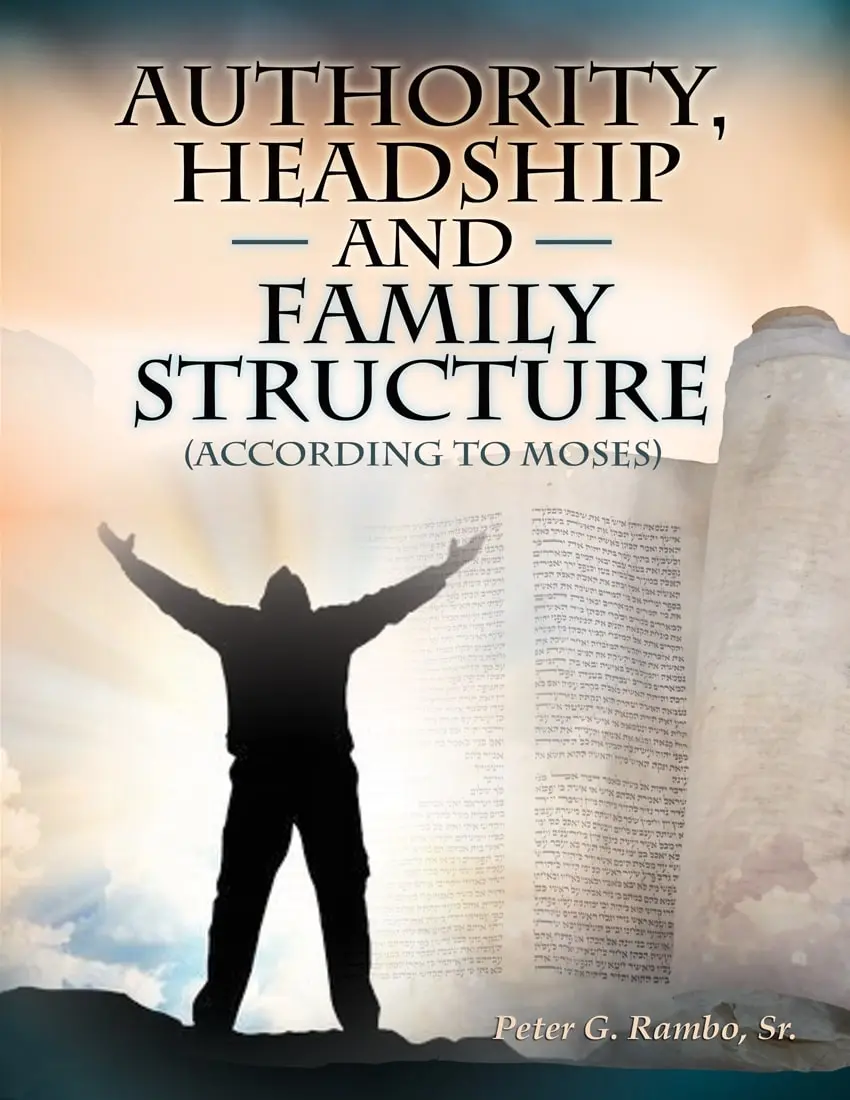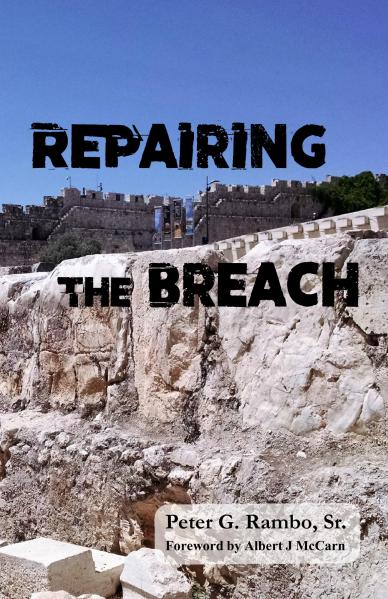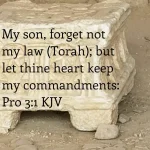Paul was being stretched out on the rack as the centurion in charge prepared to interrogate him by flogging.
Paul said to the centurion standing there, “Is it legal for you to flog a Roman citizen who hasn’t even been found guilty?”
26 When the centurion heard this, he went to the commander and reported it. “What are you going to do?” he asked. “This man is a Roman citizen.”
27 The commander went to Paul and asked, “Tell me, are you a Roman citizen?”
“Yes, I am,” he answered.
28 Then the commander said, “I had to pay a lot of money for my citizenship (πολιτειαν).”
“But I was born a citizen,” Paul replied.
29 Those who were about to interrogate him withdrew immediately. The commander himself was alarmed when he realized that he had put Paul, a Roman citizen, in chains.
While the NIV takes a few liberties in translating this passage (the word for ‘citizen’ only appears once in this Greek text), it starkly illustrates the importance of citizenship and the differences between ‘natural born’ versus ‘purchased/adopted’ citizenship.
Paul was a natural born Roman citizen with all of the rights pertaining thereunto. Among those rights was the right to trial and respectful treatment when being detained. In fact, the “commander himself was alarmed when he realized that he had put Paul, a Roman citizen, in chains.”
The commander was alarmed for good reason. Not only had he grossly violated the rights of a Roman citizen, he had violated the rights of a natural born citizen who would have held a slightly higher social standing. Several very important pieces can be drawn from this simple exchange and in particular, the use of the word πολιτειαν, here translated as ‘citizen.’
First, the commander and Paul were both full citizens, one natural/native born, the other by purchase/adoption. While there is a class difference, though likely minimal, Paul clearly has the upper hand. More on this in a minute.
Second, and more importantly, πολιτειαν (‘politeian’) gives us a real glimpse into another passage of Scripture concerning the rights of those who ‘were once aliens and strangers but have now been brought near.’
In more than a few discussions, both in person and online, I have had both Jew and non-Jew tell me that non-Jewish believers will dwell among the nations. Some have even been so brazen as to say that in the Messianic Kingdom the non-Jews would exist for the purpose of serving the Jews and supporting the Israel while dwelling outside of the land. Apparently, their understanding of ‘One Body’ is a little different than what I see in Scripture at so many points…
Often I have reached to Ephesians 2:11-13‘
11 Therefore remember that formerly you, the Gentiles in the flesh, who are called “Uncircumcision” by the so-called “Circumcision,” which is performed in the flesh by human hands— 12 remember that you were at that time separate from Christ, [i]excluded from the commonwealth of Israel, and strangers to the covenants of promise, having no hope and without God in the world. 13 But now in Christ Jesus you who formerly were far off [j]have been brought near [k]by the blood of Christ.
‘commonwealth of Israel’…..
Well, I used that passage the other day only to be told that the ‘commonwealth’ referred to the nations around Israel under the control of the Messiah… Well, that stung. And, coming from someone who claimed that there is no such thing as ‘second-class citizenship.’ It was time to dig into the Greek and see what was behind the translation of ‘commonwealth.’
Well, you guessed it!! πολιτειαν!
In fact, the word is only used two times in the Greek New Testament as well as a few times in extra-Biblical texts (according to Walter Bauer’s Gr-En Lexicon of the NT). Every time, as best I can tell, it means ‘citizen with all the rights pertaining thereunto!’ In the Roman world, this included land rights, voting rights, judicial rights, etc, etc. While, as we saw in the opening passage where the word is also used by the commander, there are some class distinctions, the basic truth is that native born and adopted had rights! In the context of Roman culture the native born had social standing, but many if not most other rights were the same.
So what does it mean? This is just another clear statement from Scripture that Jew and Gentile will be one Body that dwells together in the land. But then, that is what Scripture clearly says to any who want to listen with an unprejudiced heart:
21 “So you shall divide this land among yourselves according to the tribes of Israel. 22 You shall divide it by lot for an inheritance among yourselves and among the aliens who stay in your midst, who bring forth sons in your midst. And they shall be to you as the native-born among the sons of Israel; they shall be allotted an inheritance with you among the tribes of Israel. 23 And in the tribe with which the alien stays, there you shall give him his inheritance,” declares the Lord God.
Yep… I’m willing to let the Messiah sort this out, and I look forward to dwelling in the land of my adopted fathers forever!!




















































































































Wonder what your buddy does with Isaiah 56 with the eunic and stranger keeping Shabbat getting names greater than sons and daughters….
LikeLiked by 1 person
Oh… there are so many to choose from… LOL!
Next post is on Isaiah 66:16-23… כל־בשׂר He thought he dodged ‘all flesh’ (vss. 16 and 23) but I’ve read a bit more on that one…
LikeLiked by 1 person
Great post, Pete. I’ll be using this in the piece on the New Covenant I’m now building.
LikeLiked by 1 person
Pingback: כל־בשׂר : “all flesh” means? | natsab
Pingback: JK McKee’s ‘Are Non-Jewish Believers Really A Part Of Israel? | natsab